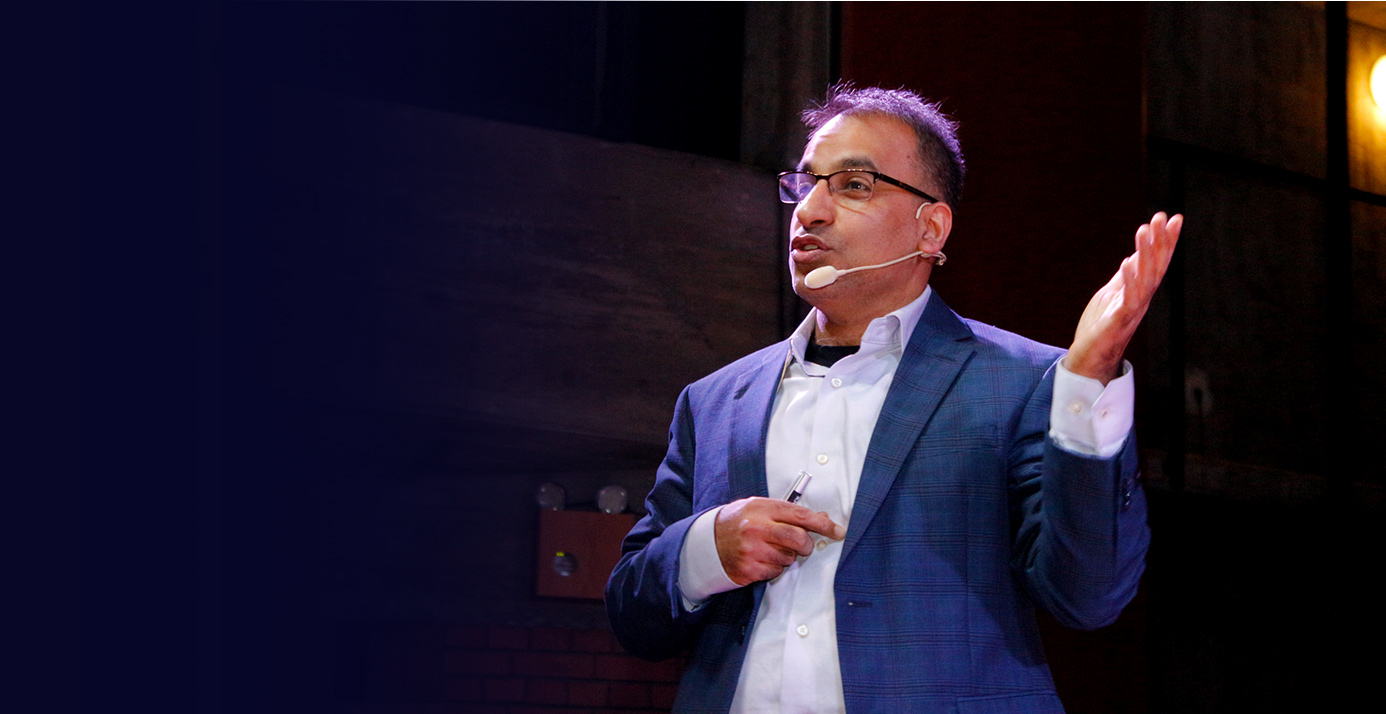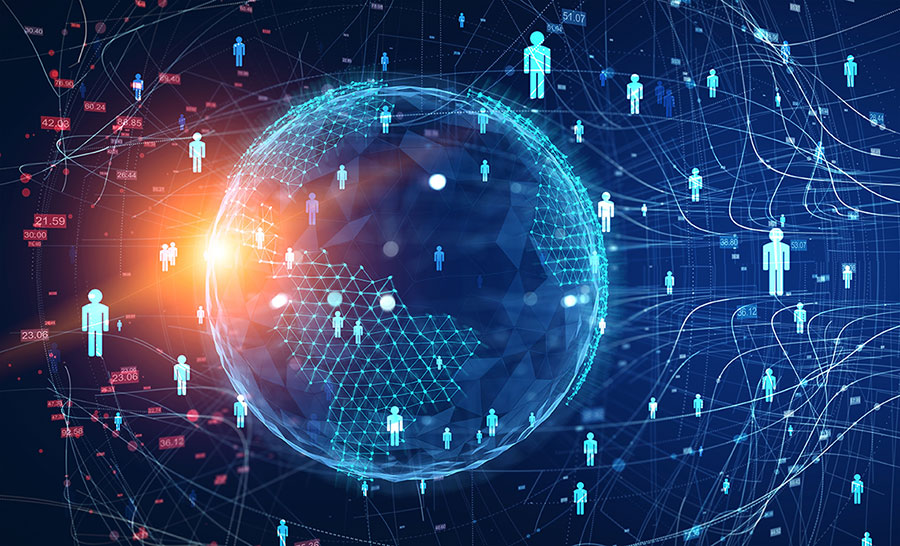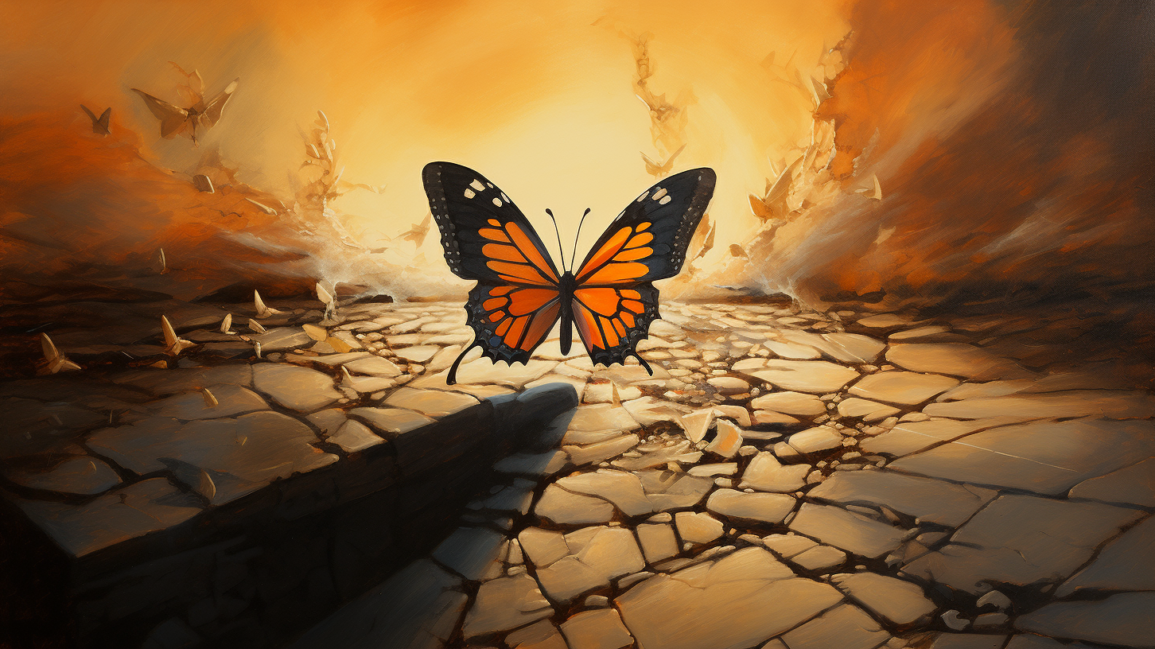by Tayyab Rashid
I am a clinical psychologist. In psychotherapy sessions, my clients unpack words—spoken or expressed saliently; our expressions—benign or belligerent, and actions—committed or omitted. Through these words, emotions and intentions, they share with me how they feel about the world and how the world thinks about them. I work from a strengths-based therapeutic perspective. Without minimizing the distress, I actively encourage my clients to explore supportive words, expressions and actions which can heal them.
These healing ingredients are often tucked under fear—real or imagined, anger—appropriate or exaggerated, and ambivalence—partial or pervasive. Not only are they front and centre but also keep the hearts of my clients constricted, minds narrow, and the outlook bleak. Most see nothing but negativity, within them, and those around them. Most have a negativity bias. That is, negative elements, to them, appear more real, more potent and more pervasive. Once entrenched, without treatment—formal or informal, psychological or spiritual, the negativity bias becomes binocular with which they view the world.
I am also cognisant that biases are inherent and inevitable as long as we have a functional brain. For ages, sages and scientists have worked hard to temper biases, so we can grasp the truth or view the world in the least biased way. A biased mindset impacts individual psychological health and also corrodes collective wellbeing. Psychotherapy is helping to unlearn biases on a personal level. To check systematic biases, codes and courts, sanctions and sentences, trials and tribunals, therapies, and interventions, and perhaps most importantly, educational endeavours have been established. Yet, I feel dismayed when I see, in the public realm, biases contributing to destruction and death. Without knowing the full details of psychological states of the mass murders in Christchurch, Quebec City, Pittsburgh, Oslo, London, Charleston, Columbo and elsewhere, it would be unwise to reach conclusions. But let me speculate.
From a dizzying array of turbo-charged information, often decontextualized, juxtaposed with images and music, perhaps created a bias in their minds. A bias—not significant psychopathology–that probably was based on fear—immigrants have invaded our race, or caravans of migrants are going to take over resources Self-preservation is one of the primary psychological drives. Encouraged by this motive, fuelled by images and perhaps motivated by speeches influential pulpits—the psychological state of Christchurch shooter was hijacked. Unlike murder at the Tree of Life, Pittsburgh, who littered virtual walls with his emotional graffiti regularly, the Christchurch shooter planned for the mosques attacks for months, wrote and posted online a well-referenced, well-proofed, comprehensive and rationale manifesto. Before anyone could notice, the blood of 51 innocent worshippers soaked carpets on which they used to prostrate in submission to Divine. Only a few months ago, the blood of 11 innocent Jewish lives drenched the tree of life in Pittsburgh.
Unlike my clients, I am not privy to Christchurch’s shooter’s mindset—did he really believe that his and that of his people’s preservation is at stake and somehow others (e.g., Jews, Muslims, Blacks, Hispanics, LGBT, immigrants and refugees) will encroach his living? Nevertheless, as a clinical psychologist, I can understand the mindset of those who have enjoyed the almost unprecedented privilege and power for long, may feel threatened when power and privilege are being diminished. However, life is about the transition. Much like we transitioned from Agrarian to industrial, from industrial to the digital age and perhaps now it is time to transform exceedingly hostile xenophobic enclaves into culturally inclusive habitats of compassion and kindness. After all, our indigenous cousins, famished Irish pilgrims, persecuted Jews, drought-stricken Ethiopians, drug war ravaged Hispanics, and more recently displaced Syrians, negotiated with transitions despite being afraid, hungry and uncertain. Not only they negotiated hardships, but they also worked hard, and in many cases, harder than native populations.—not to siphon resources but to strengthen them. Evidence shows that immigrants invest their hopes and dreams and play their part in producing goods and services. They herd cattle, harness nuclear energy, build bridges, manufacture space shuttles, heal wounded to entertain crowds, using their physical and artistic gifts. Which facets of North American, European and Trans Australian social and technological infrastructure have not benefitted from immigrants? And many they have accomplished their deeds while overcoming barriers of race, colour and creed. Rhetorical consolation, “never again” is not enough. Neither will recoiling back to our shells reduce the bias. Much like in psychotherapy, we need to unpack negative experiences and confront the biases head-on, without being necessarily confrontational towards all those who hold biases. If we face prejudice, we can still preserve the dignity of the individual who holds the bias. Dignity is their birthright as much as it is of anyone else. Rather than trying to convince others to see the world with our perceptual apparatus, we would be better off to understand theirs. And if we do, we will be able to see what our minds generally don’t show us.
Furthermore, the other person will feel validated. Almost everyone wants to be heard to be understood. Validation is a critical psychological dose; if missed, it will, unfortunately, infest biases. More surveillance and security will likely produce more fear and anxiety. A troubled, anxious and angry mind sees the world as a dangerous place. Biases can best be tackled by creating and restoring connections at workplaces, in schools, at playgrounds, in synagogues, churches, mosques and temples where our eyes, heart and mind can feel and touch the goodness of others.


